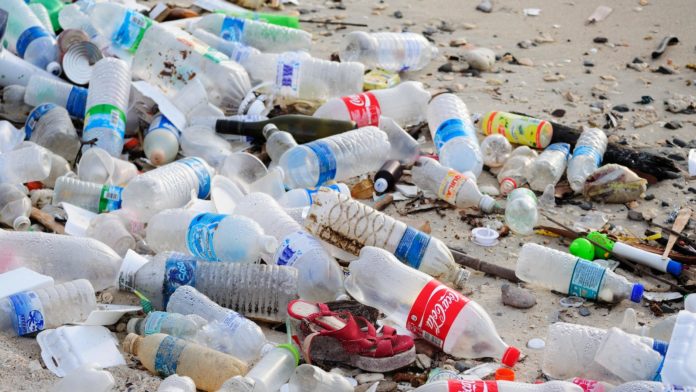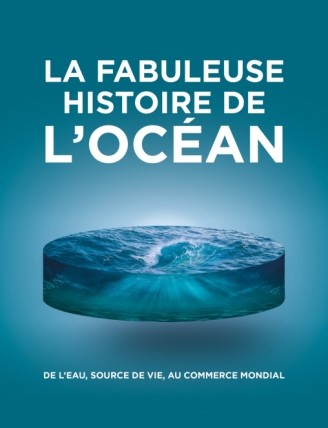“Microplastics are disrupting the ecosystems our existence depends on. Without bold, global action and legally binding instruments, the plastic crisis will worsen — threatening lives, livelihoods, and ecosystems,” said Farah Al Hattab, campaigner and legal researcher at Greenpeace Middle East and North Africa, based in Beirut.
Her statement comes in response to a new study revealing that microplastics hinder plant photosynthesis, putting 400 million people at risk of famine.
Quoted in a press release from Greenpeace MENA, Al Hattab added that leaders, policymakers, and negotiators in the MENA region should advocate during the second round of negotiations of the Intergovernmental Negotiating Committee on Plastic Pollution (INC-5) — scheduled for August 2025 — for a legally binding global treaty to tackle plastic pollution at its source.
Such a treaty, she stated, should:
- Include a reduction in plastic production, particularly single-use plastics
- Promote reuse systems
- Establish financing mechanisms for a just and equitable transition toward zero-waste economies that protect human health and the planet
The study, published in the journal Proceedings of the National Academy of Sciences, found that microplastics reduce the growth of essential crops such as wheat, rice, and corn, thereby jeopardizing global food security.
“If no action is taken, up to 400 million people could face famine within the next 20 years. A silent crisis is unfolding before our eyes, threatening agriculture, ecosystems, and climate stability,” the study’s authors warn.
Microplastics, which result from the degradation of plastic waste, interfere with plant photosynthesis by blocking the absorption of light and nutrients. This pollution reduces both agricultural yields and marine production, further worsening global food insecurity.
According to the study, plants’ ability to convert light into energy drops by an average of 12%, leading to estimated yield losses of 4% to 14% in wheat, rice, and corn — three of the world’s most consumed crops.
The crop losses caused by microplastics could rival those induced by climate change, further endangering global food security, the study concludes.
Source :africanmanager



